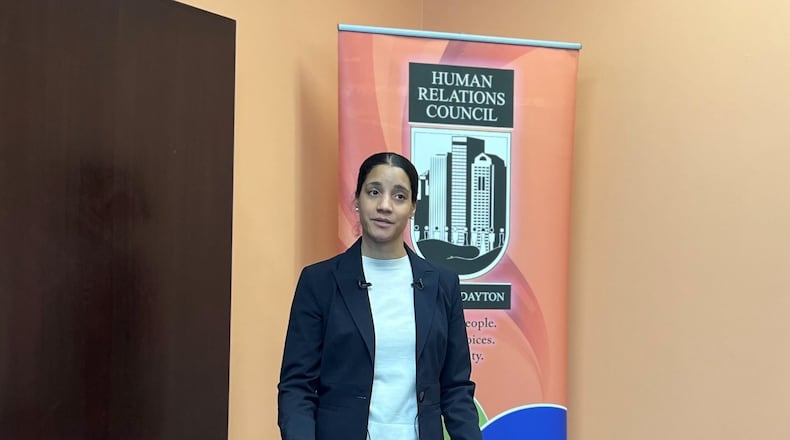“The work of the HRC intersects with vulnerable and historically marginalized populations that are best served by board members who come onto the board as subject matter experts in their respective fields,” said Samba Silla, justice and inclusion administrator with the Human Relations Council.
The Dayton City Commission recently had the first reading of an ordinance that would get rid of a requirement that all 10 board members of the Human Relations Council live within city boundaries.
Under the new proposed city code, two of the members can reside outside of Dayton if they have specialized knowledge, skills and experience that would benefit the board.
“HRC board members are called upon to have a nuanced understanding of civil rights law, board governance and the socioeconomic past and present of the city of Dayton and surrounding regions,” Silla said. “At times, the expertise asked of board members in this limited geographic region has led to delays in identifying and appointing new board members, especially where a retiring member provided uniquely valuable insight and access into a target population that we strive to serve.”
The 10-member council, which is appointed by the Dayton City Commission, is tasked with enforcing anti-discrimination ordinances, providing resources that support inclusion, human rights and diversity and assisting small, local and minority-owned businesses.
Other boards, like the Dayton Plan Board and the Board of Zoning Appeals, require their members to reside in the city, said Tony Kroeger, Dayton’s division manager of planning and land use.
Members of the Landmarks Commission also must live in the city, or their principal place of business must be within municipal boundaries.
About the Author

